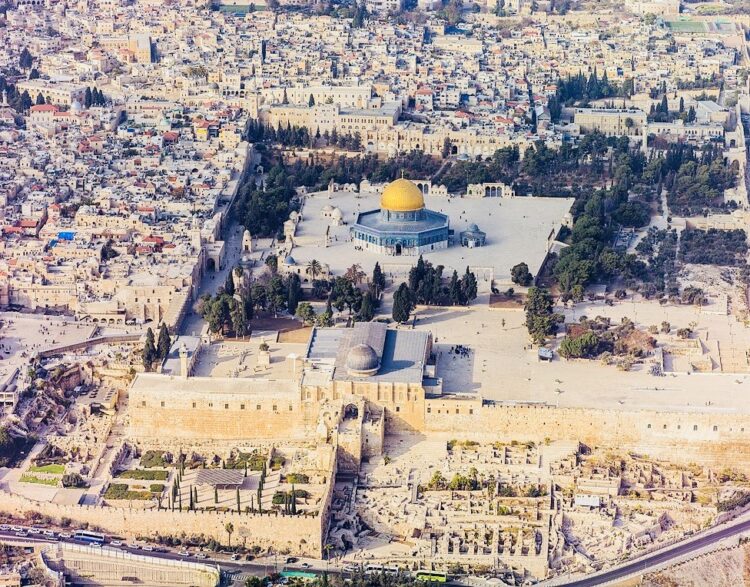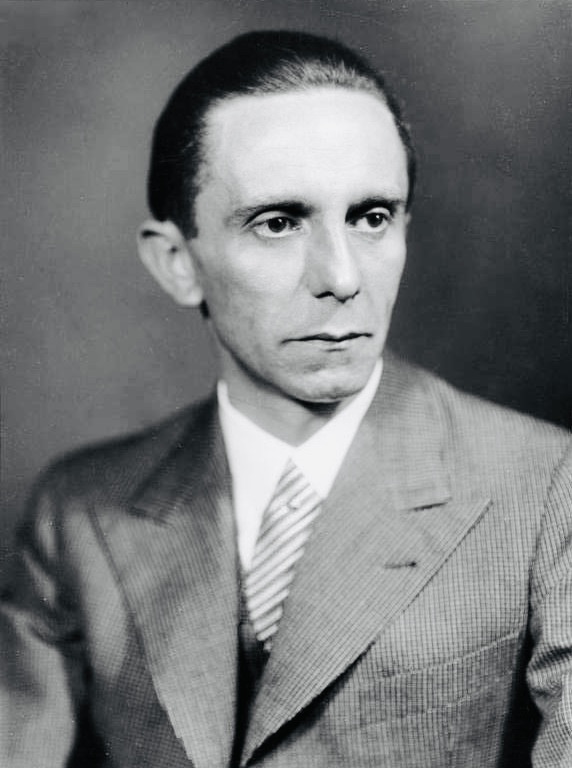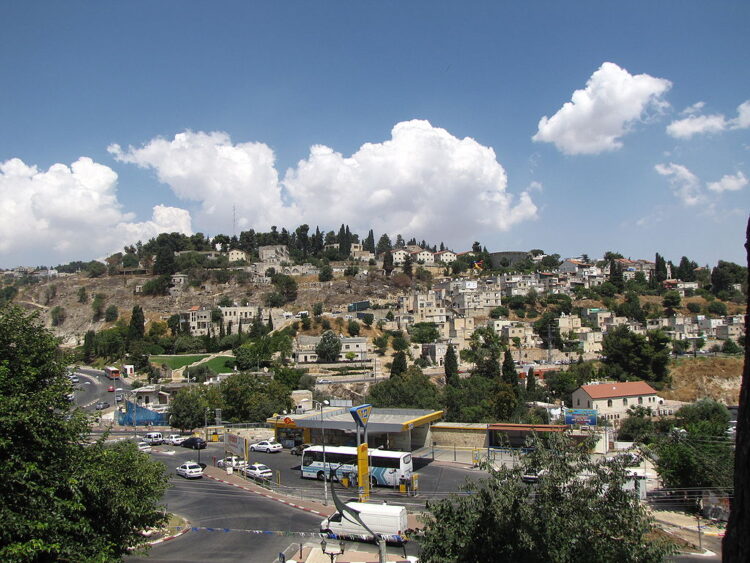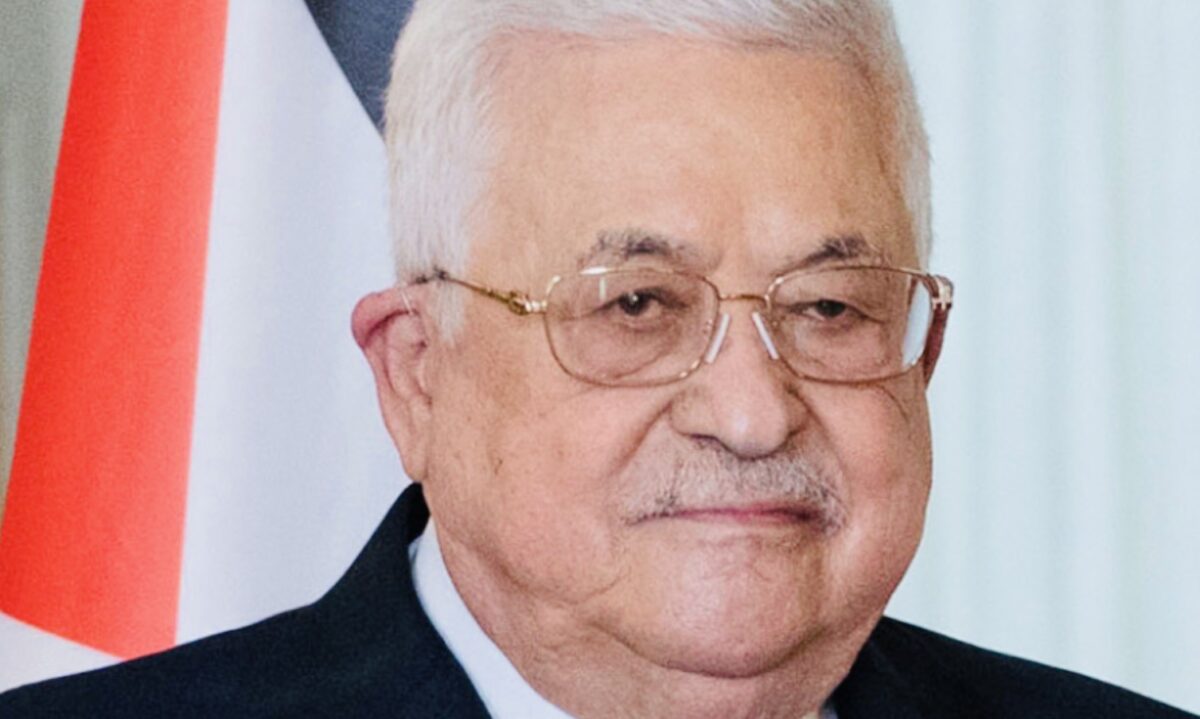Mahmoud Abbas, the president of the Palestinian Authority, distorted reality in an unwise speech he recently delivered at the United Nations marking the 75th anniversary of the nakba, the dispossession of the Palestinians from their lands and homes during the 1948 Arab-Israeli war.
Speaking at the UN’s General Assembly’s first-ever commemoration of this traumatic event, Abbas launched into a litany of half-baked truths and disturbing demands that raised eyebrows even among advocates of the Palestinian cause.
Abbas blamed Israel for the failure of the Palestinians to achieve statehood following the passage of a 1947 UN partition resolution calling for a Jewish and an Arab state in Palestine.
He denied that Jews have a historic and religious relationship with the Temple Mount.
He insisted that the Zionist movement has not made environmental improvements to what had been a mostly barren land, comparing this claim to the loathsome rhetoric of Nazi Propaganda Minister Joseph Goebbels.
And he called for the right of return of Palestinian refugees to their former homes in what is now Israel.
In a rambling one-hour speech, Abbas said that Zionist leaders had accepted Palestinian statehood in conformity with the historic UN partition resolution, but that they had reneged on their pledge. The fact remains that the Arab side unanimously rejected that resolution, setting into motion a civil war in British Mandate Palestine and the subsequent invasion of Palestine by several Arab armies.
If the Palestinian leadership and its Arab allies had sensibly embraced that resolution, the Palestinians would have achieved statehood, and the history of the Middle East would have been very different. To their detriment, they lost their gamble, dooming them to statelessness and refugee camps in the Arab world.

In falsely claiming that Jews have no connection whatsoever to the Temple Mount — the holiest site in Judaism and the locale of the first and second ancient Jewish temples — Abbas went off the rails. As he is no doubt aware, written and physical evidence of the unbroken Jewish connection to the Temple Mount exists, yet Abbas turned a blind eye to it. His refusal to acknowledge this compelling fact doubtlessly tarnishes him, particularly in the eyes of Israeli Jews.
Certainly, Abbas went off the deep end when he likened Israel’s agricultural achievements to Goebbels’ miserable falsehoods. As he put it, “Israeli and Zionist claims (say) that Israel made the desert bloom. As if Palestine was a desert and they made the desert bloom. These are lies. They continue to lie, like Goebbels, and they continue to lie until people believe their lies.”

No one claims that Palestine in the twentieth century was little more than a desert. Yet what is undeniably true is that Zionist enterprise converted enormous patches of arid land into thriving farms and woodlands. And following statehood in 1948, the Israeli government succeeded in greening extensive areas of southern Israel, which had been nothing but useless scrubland and desert. This effort continues today in the Arava, which comprises the bulk of Israel’s land mass.
Abbas’ decision to compare Israel to Goebbels was despicable, as Deborah Lipstadt correctly noted. Lipstadt, a renowned historian and the U.S. State Department’s envoy on combating antisemitism, wrote on Twitter, “Abbas’ equating Israel with the lies of … Goebbels is an affront to Holocaust victims and survivors. Especially during a time of rising antisemitic violence throughout the world.”
Abbas, who was born in the northern Israeli town of Safad, reversed himself when he demanded the right of return for Palestinian refugees. “I am a Palestinian refugee,” he said, wearing a key on his lapel to symbolize his desire to return to Safad. “I want to return to my land. I want Safad.”

Abbas, in the past, has recognized that the right of return is a non-starter, realizing that Israel would not and could not accept this demand. But judging by his most recent speech, he appears to have changed his tune. If this is indeed the case, the Palestinians have greatly undermined their just claim to statehood in the West Bank and the Gaza Strip.
It goes without saying that Abbas should have been far more careful and judicious during his address to the UN. But in all probability, he was carried away by the highly emotional topic at hand, a running sore in Palestinian mythology, and was completely frustrated by Israel’s counter-productive policies, which accentuate the construction and expansion of settlements in the West Bank and deny Palestinians statehood.
In all other respects, Abbas has been a reasonable partner, having cooperated with Israel in security coordination, having rejected violence as a tactic, and having embraced a two-state solution.
Far too often, Israel has shown itself to be the stumbling block in the advancement of peace. Nonetheless, Abbas would have been far better off had he exercised even a modicum of political common sense in his speech to the UN.
